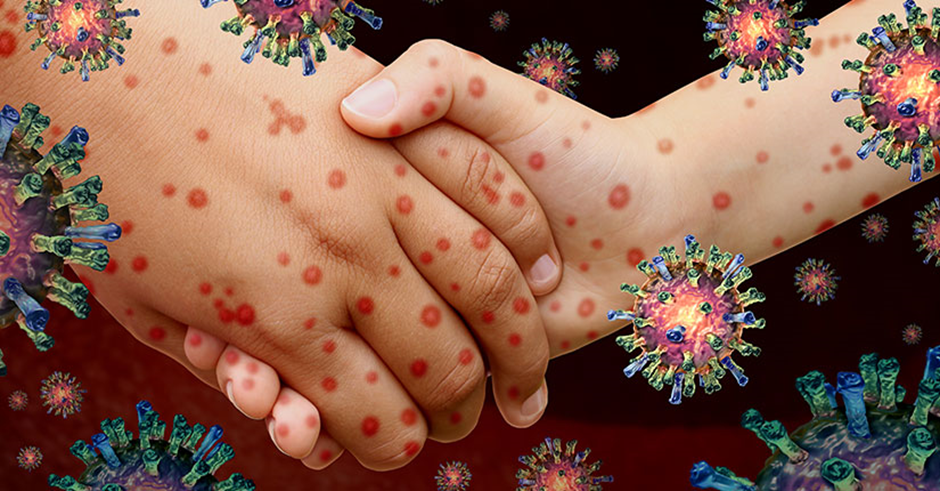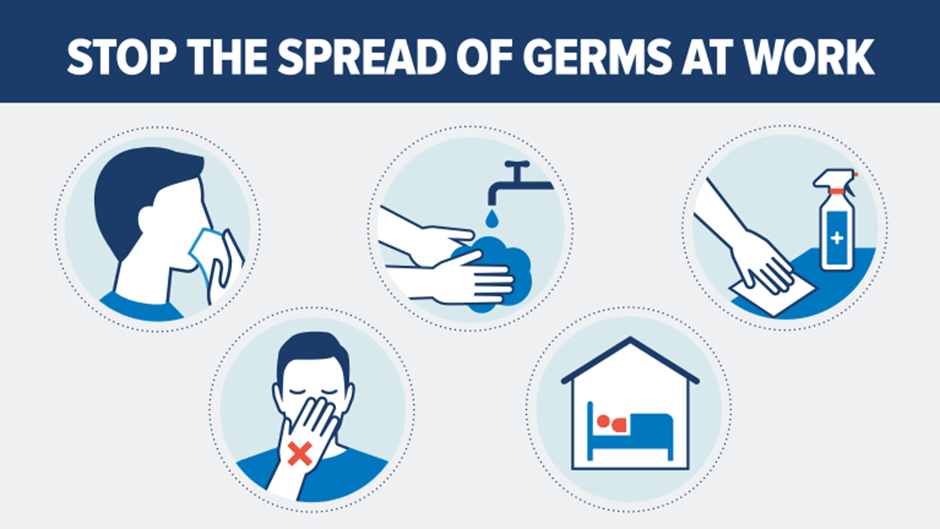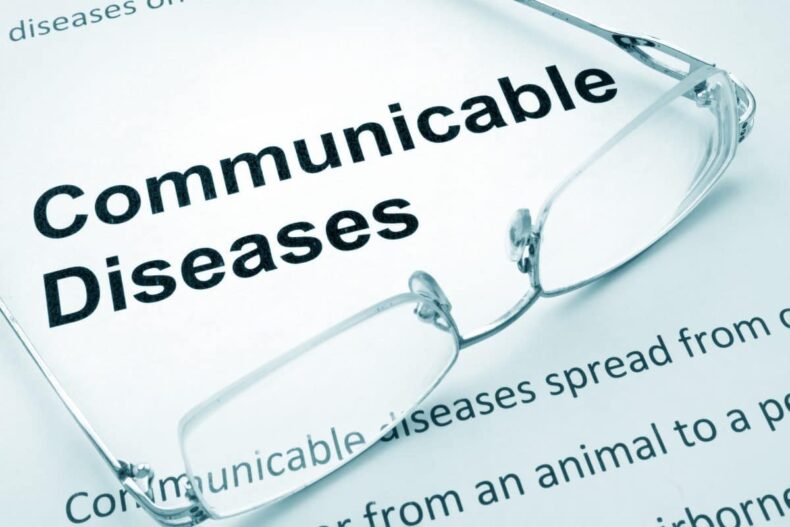Communicable diseases are a real problem, especially during the winter. It is necessary to keep our immune systems fit and alert by taking certain steps to improve our health. Our bodies will not have a chance if we don’t improve our lifestyles.

As we’ve seen during the lockdown, germs and bacteria are constantly evolving, and we need to do the same with our immune system so that it can become more resilient against attacks from any kind of virus or infection. It is important to give support to our immune system by providing it with many nutrients as we are entering into the 3rd year of the COVID-19 pandemic.
In an interview, Dr. Paula Goel, who is a Consultant Paediatrician, Adolescent Physician, and Founder of Fayth Clinic, talked about the rise in water-borne illnesses and infections among youngsters and said that kids and teenagers enjoy eating a variety of foods and enjoy sharing meals with one another. This might be an issue during the monsoon season since ingesting tainted water, food, or drinks or coming into contact with animals can result in water-borne illnesses or disorders.

Water-borne illnesses can exhibit themselves in a variety of ways, with gastrointestinal, skin, ear, respiratory, or eye issues being the most common. Contamination can also come from the environment or through person-to-person transmission. According to Dr. Paula, water-borne diseases may be caused by bacteria, viruses, or parasites.
She also goes on, to emphasize that cholera, gastroenteritis, typhoid, diarrhea, food poisoning, giardiasis, and jaundice are some of the most common infections seen. Ear infections and skin infections can also be caused by swimming. Ascariasis, which is a parasitic infection, may also occur. During the monsoon, as water is collected or stagnant in many places, it gives rise to dengue and malaria, as they are common in weather like this. If unclean is used for washing vegetables and fruits, they could become contaminated and therefore infect the children when they eat them. If you purchase raw sprouts from the market, be very careful because the conditions are favorable for the growth of bacteria. When purchased from roadside sellers, unpasteurized milk or fruit juice may be tainted if the fruit used to prepare it has bacteria on it.

She said any food item handled by a person who is vomiting, has diarrhea, or has recently had jaundice or typhoid may become contaminated. When these foods are not properly prepared, infections can spread to other people (e.g., from salads or cut fruit). Heavy metals and nitrates in bodies of water are two chemicals that contribute significantly to the spread of water-borne illnesses.
Communicable diseases infection’s symptoms
Dr. Paula showed what these infections look like while talking about their symptoms.
- The child often shows symptoms like bloating, fever, stomach pain, weakness, and increased thirst.
- There may also be vomiting and nausea. Dehydration might happen if you have very loose bowels. The kids become agitated and may experience headaches or seizures.
- High body temperature and stomach discomfort are possible symptoms of typhoid. High-grade fever and chills may be the first signs of malaria and dengue.
- Fever, vomiting, nausea, lack of appetite, and urine with a deep yellow color are symptoms of jaundice. Convulsions might occur if your jaundice level is too high. You could also lose weight.

Close monitoring and follow-up are required for treatment and to prevent complications when a diagnosis is made based on the signs and symptoms of the various illnesses. After stating the aforementioned facts, Dr Paula stated that there has been an upsurge in instances of typhoid, jaundice, and gastroenteritis. Children and teens enjoy hanging out with their buddies now that schools have resumed operations following the epidemic. Many teenagers like eating fast food by the side of the road, but there are safety concerns about the food there. Sharing of food, water, drinks, roadside fruits, and fruit juices raises hygienic issues in terms of the risk of water-borne infections. Typhoid, gastroenteritis, food poisoning, and jaundice are caused by contaminated food and water, as well as by people who have had these diseases and are now carriers of these bacteria. These carriers would not experience the illness process themselves but would spread the infections to others through the unsanitary handling of food, water, and drinks. In some regions, the water supply may become polluted, resulting in epidemics of gastroenteritis in that area, and raising public health issues.
The body’s defense against any infection/communicable diseases is the immune system. It acts as a barrier against pathogens and your body, and this is its only purpose. It must be kept healthy and working to keep the body safe from infection, said Dr. Manan Vora, who is a sports medicine expert and an orthopedic surgeon. He also suggested some behavioral and lifestyle changes to incorporate into our daily lives to keep our immune systems healthy. They include:
- Daily exercise is necessary to keep and maintain good immunity. Exercise also reduces stress and improves mental health by releasing endorphins. The American Heart Association recommends 150 minutes of exercise every week.
- Enough Sleep is very important for us to function properly and effectively, as lack of sleep has a negative impact on the immunity system. It is important to sleep 7-8 hours every day as a lack of sleep could increase your stress hormones.
- Limit or avoid alcohol and smoking because they reduce the body’s ability to fight infection. Smoking also hampers the immune system, and infections worsen due to the chemicals released from smoking.
- Maintaining mental health as stress can increase the amount of cortisol, which reduces immunity. Maintain your mental health by meditating, writing, or devoting time to a hobby or interest. Be self-aware and, if necessary, seek professional assistance.
- Consume healthy foods and remain hydrated Eat fruits and vegetables, milk, eggs, and lean protein, and limit saturated fats, sugar, salt, and cholesterol. It is also critical to stay hydrated throughout the day and to reach one’s daily water objectives. Some of the nutrients required by the body include zinc, folate, iron, selenium, copper, and vitamins A, C, E, B6, and B12. If one is unable to satisfy these dietary requirements through food alone, they should consider taking supplements, as they are a good alternative to be safe from communicable diseases.
Read also:https://tdznkwjt9mxt6p1p8657.cleaver.live/air-pollution-and-mental-health/













